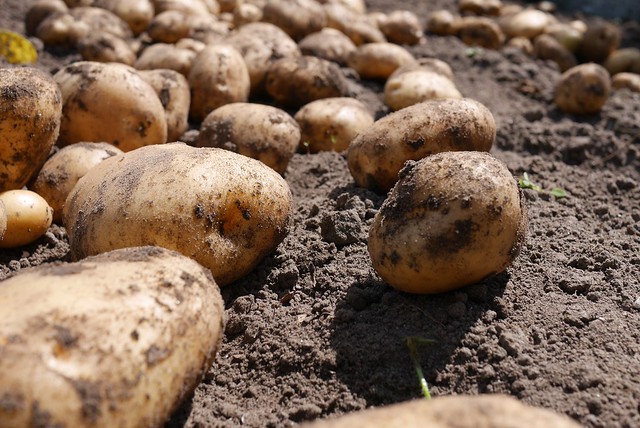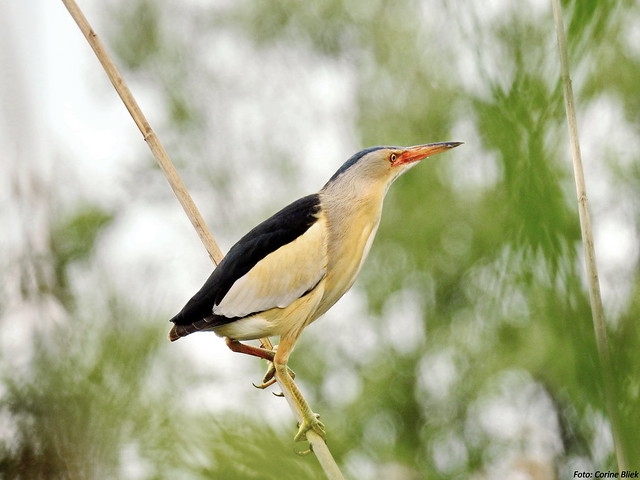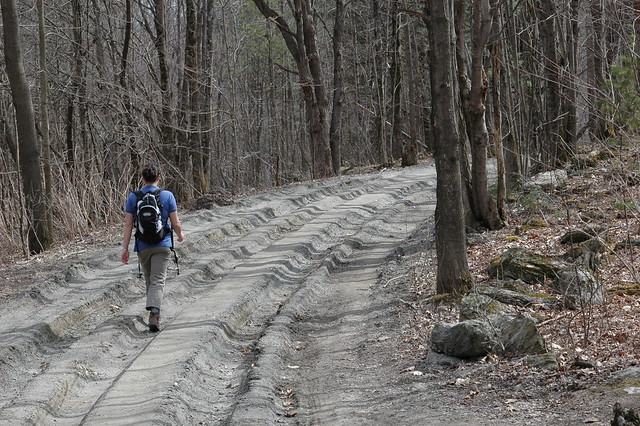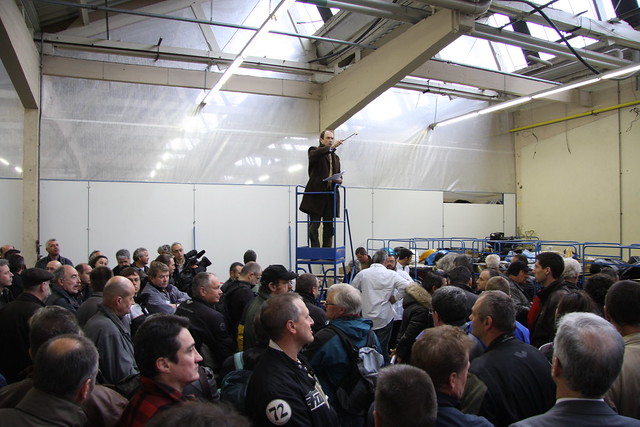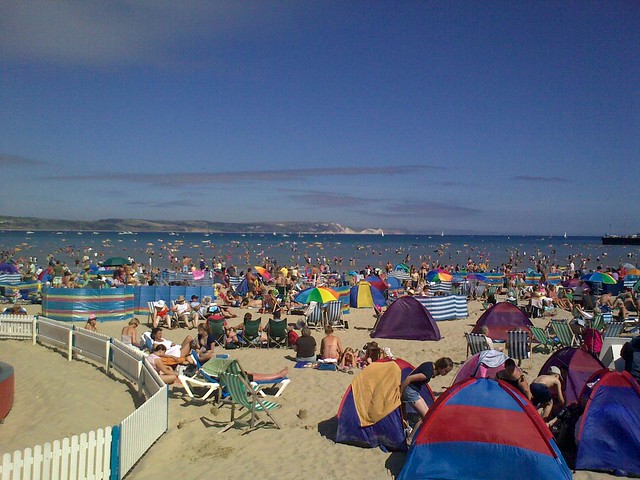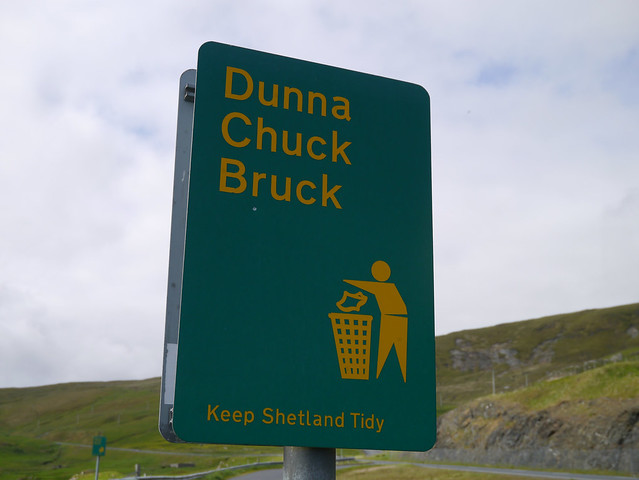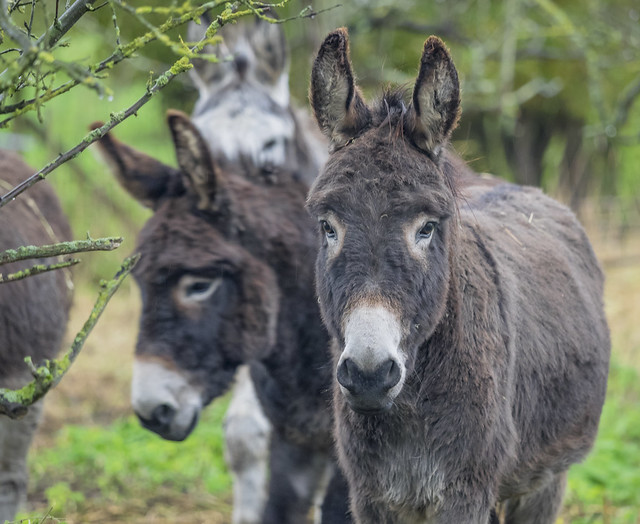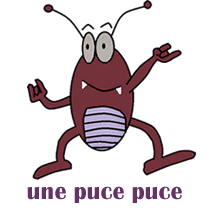One of the Dutch words I learnt recently is aardappel [ˈaːr.dɑ.pəl], which means potato, or literally “earthapple”. This is cognate with one of the German words for potato – Erdapfel [ˈeːɐ̯tˌʔa.p͡fl̩/], which is used mainly in southern Germany, Switzerland and Austria. Apparently earthapple also exists in English, although it’s rare, The Sinhala word අර්තාපල් [art̪aːpal] was apparently borrowed from Dutch [source].
One French word for potato, pomme de terre, means “apple of the earth”, though comes from different roots.
Related words include:
- aardappelpuree = mashed potato(es)
- aardappelschilmesje = potato peeler
- aardappel in de schil = baked potato, jacket potato, potato skins
- aardappelsoep = potato soup
- aardappelknödel = potato dumplings
- aardappelsalade = potato salad
- aardappeloogst = potato harvest
- De aardappeleters = The Potato Eaters (a painting by Van Gogh – see below)
In case you’re feeling hungry now, here are a few receipes for potato-based dishes (in Dutch). I might even try some of these myself. It would be a fun way to practise using my Dutch.
Another Dutch word for potato is patat [paːˈtɑt], borrowed from the French patate (potato), which is used mainly in Canada and Louisiana, and comes from the Spanish patata (potato), from the Taíno batata (sweet potato) and/or the the Quechua papa (potato). This is also the root of the English word potato, and similar words in other languages [source].
Another German word for potato is Grundbirne [ˈɡʁʊntˌbɪʁ.nə] (ground pear), which is used in Austria. It’s cognate with the Luxembourgish Gromper [ˈɡʀompeʀ] (potato), the Slovenian krompir [krɔmpìːr] (potato), the Macedonian компир (potato) [source].
The Dutch word aardpeer means “earthpear”, and refers to the Jerusalem artichoke (Helianthus tuberosus), a kind of sunflower native to North America [source].
The more common German word for potato, Kartoffel [kaʁˈtɔfəl], and related words in other languages, comes from the Italian tartufolo, a diminutive of tartufo (truffle), from the Medieval Latin *territūberum or the Latin terrae tūber (tuber of the earth) [source].
In Mandarin Chinese, a potato is a 土豆 (tǔdòu) or “earth bean”, at least in Mainland China. In Taiwan this means peanut [source] – a potato is a 馬鈴薯 (mǎlíngshǔ), or “horse bell potato / yam”, probably because potatoes look like the bells used on horses [source].
